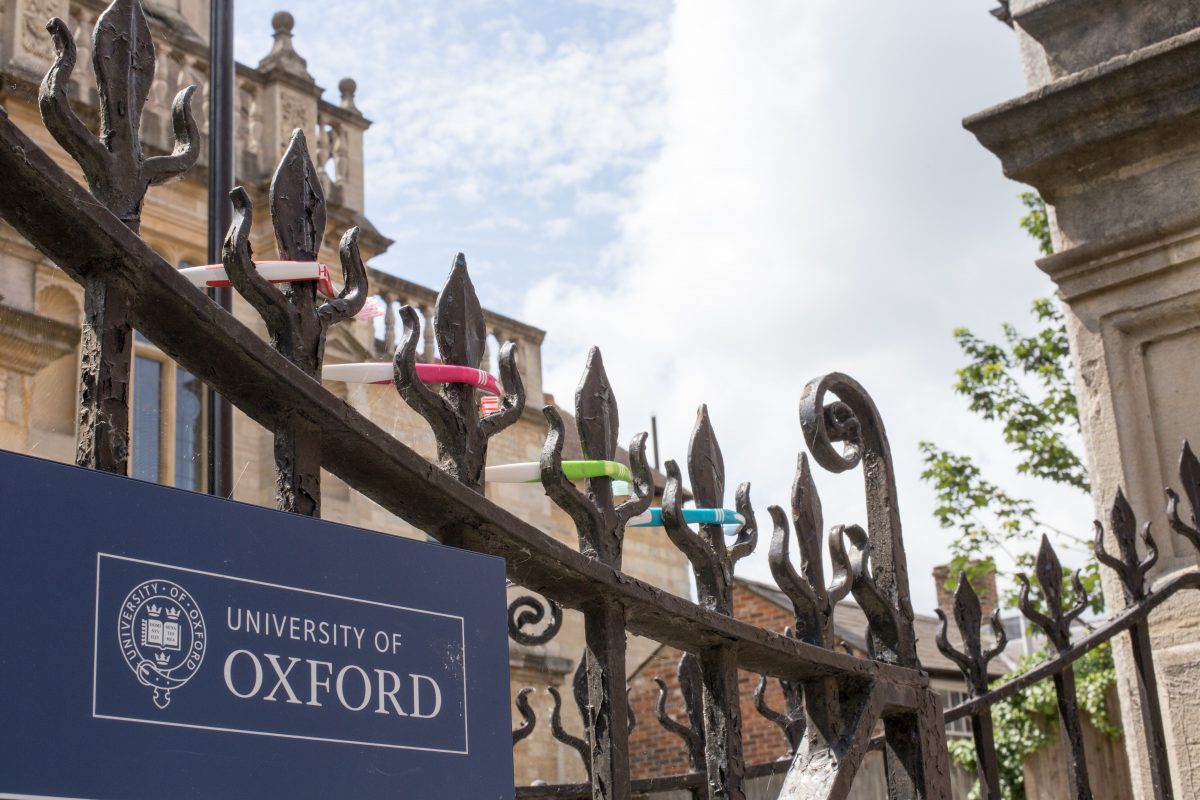While a personal statement is only part of the graduate school applications process, having a statement that impresses and engages the applications committee will help you to stand out from the rest of the candidates. Therefore, it is vital to craft a winning personal statement if you want to secure your place in the graduate program of your dreams.
What is a Personal Statement?
Graduate schools often ask for personal statements from student candidates. A personal statement is a narrative essay that explains who you are as a person and your reasons for applying for a particular course. This helps the admissions committee understand you better and gauge if you are a good fit for their program.
While a statement of purpose or letter of intent talks more about your academic or professional credentials, a personal statement is more about you. It is an opportunity to talk about your personality, experiences, interests, passions, hopes and dreams, and life goals. In short, it is a way for you to tell the committee what makes you a worthwhile candidate.
1. Read the Instructions
Some graduate schools are open to applicants writing in any style but other schools have specific requirements on the content, formatting guidelines, and word length of the personal essay. Schools may also have particular submission methods. You must read and understand the instructions and prompts and ensure that you adhere to them.
2. Be Specific
State clearly why you have chosen that particular graduate school and program. Research the institution, the program, and its teaching faculty. Provide reasons on why the program attracts you and what you can offer in return. Avoid using general terms or the prestigious reputation of a school to justify your interest in a program.
Remember that a personal statement is about distinguishing yourself from the other candidates. Hence, it is helpful to share specific examples to support your statements. For example, if you are applying for environmental studies, write about how you volunteer with conservation organizations and talk about the efforts you make in your daily life.
3. Be Relevant
While anecdotes are fun to read and write, try to keep it relevant. You may be tempted to add unnecessary content to fill in the word count but it will only convince the admissions committee that you lack focus. Be sure to only include experiences that are related to your intended program and career path. For instance, a shoreline survey is much more relevant to environmental studies than your beach holiday in Ibiza.
4. Watch Your Tone
Tone can be a tricky thing to get right. Ideally, you should sound authentic yet confident and professional. It is helpful to remember that applying to graduate school is a formal situation. You may be tempted to make jokes or use colloquial speech, but try to remain respectful and maintain the appropriate boundaries. At the same time, avoid using flowery vocabulary or exaggerated narratives.
5. Strong and Compelling
As with any essay, you want to capture the attention of the reader immediately. The first paragraph of your personal statement should set the scene for strong storytelling and highlight the important points. As mentioned, avoid clichés and gimmicky language. Be polished and straight to the point. The final paragraph of your essay should be conclusive. Reiterate your main points and focus on the future.
6. Address Your Shortcomings
Your personal statement is an opportunity to plead your case for entry when your grades are less than ideal. This is your chance to explain and provide context for the weak points in your academic record. Clarify the barriers or extenuating circumstances that may have affected your grades and educational history and write about how you have learned and improved from the challenges.
7. Proofread and Edit
Your personal statement is also a display of your writing prowess. You may have excellent experience but poor writing skills may get your application denied. Give yourself ample time to draft, proofread, and edit your statement several times over. Check it carefully for tone, spelling, grammar, punctuation, readability, and length.
Where possible, ask a friend, family member, or mentor (or all of the above) to proofread your statement. They can provide suggestions on relevance, structure, and content, and catch any errors that were missed by the others. When in doubt, a shorter essay is better than a longer one, as long as you adhere to word count requirements.
8. Call the Professionals
The personal statement is a rare chance to dazzle the admissions committee. To make the most of this priceless opportunity, consider engaging a professional writer to perfect your statement. Expert personal statement service providers can craft your personal statements from scratch or edit your written statement for you.
An exceptional personal statement could be the difference between your graduate school admission or rejection. A personal statement proves to the school why they should accept you. By writing to the best of your ability or hiring a professional to help, you can create a brilliant statement and secure entry to the school that you want.

